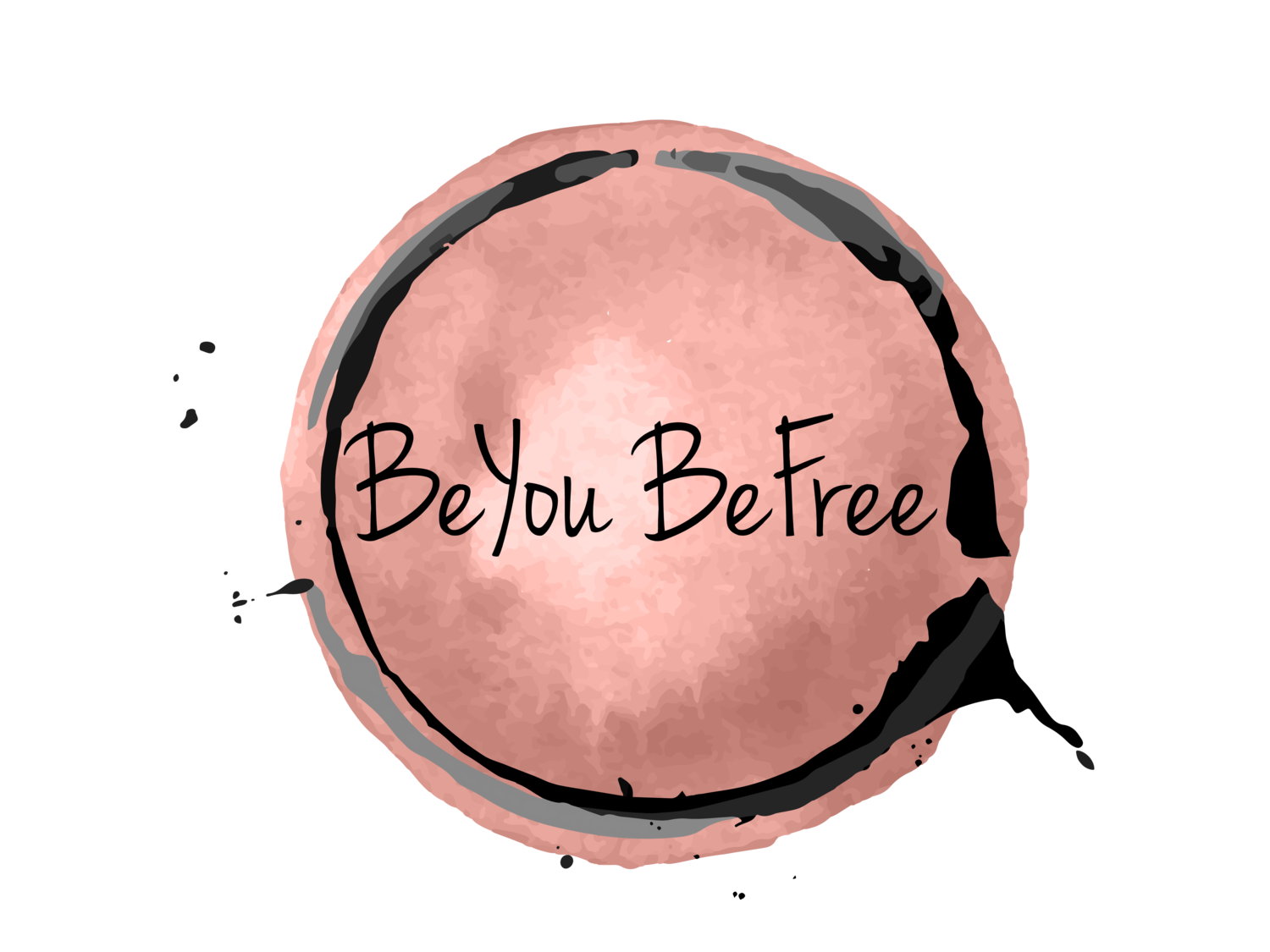There is nothing wrong with emotional eating. We all use food emotionally in some way, this can be with cake on our birthday, going out for dinner, to celebrate or during the holiday season. This is a normal part of life.
Other ways we may use food emotionally is when we are bored, angry, lonely, or sad. Food can provide us with instant comfort, it can distract us from those feelings if we need it, and sometimes, we just don’t want to deal with those feelings and that is OK. We may not have any other way to cope with those feelings in that moment. It is only if it becomes our sole source of comfort, or coping mechanism that it gets tricky.
When we use food emotionally, it is just our body’s way of telling us that it has a need that we need to fulfill.
I used to use food to cope with all my feelings, and to have a sense of control in my life. Combating this had its challenges. When I didn’t have food as a distraction, I had to really feel those feelings, which was uncomfortable and emotionally painful. But it did pass, and once I got through it, I realised it was all going to be OK. The more I practiced, the more I was able to cope better when the feelings arised, and I was able to identify why they were coming up in the first place. And today I am sharing you with you the strategies I used to cope with my emotional eating.
Coping with emotional eating.
Ask yourself- am I physically hungry?
If not, then ask yourself, what is it that I am feeling right now? What is it that I need? It may be a rest, a hug, a phone conversation with a friend, or just a break from work/ home life. Spend a couple of minutes working out what it is that you need and then fulfil that need. Remember If you are physically hungry then eat! And know that even if you aren’t hungry and if food is what you need in that moment, then that it is OK too. Being aware of your feelings and taking the time to check in with yourself is the first step.
Prioritise self-care.
I find that when I’m stressed or when my self-care is lacking, I start eating when I am not hungry. This is always a warning sign to me that I need to step up the self-care and rest. Prioritise time for self-care every day by setting boundaries, resting when you need it, getting enough sleep and taking time out just for you.
Identify your triggers.
What are your emotional triggers for eating? Be prepared for these triggers. Have you got a stressful event coming up at work? Will you be at home on your own all weekend? What can you do to prepare so your needs can be met without using food? Strategise and plan ahead for these triggers.
Find other sources of comfort.
Think of some other ways you can get comfort for those feelings. Is it going for a walk, calling a friend, taking a bath, or getting a massage? These other sources of comfort will provide more nourishment to your emotional and physical wellbeing than food will. They will also help you with the next step, dealing with your feelings.
Dealing with your feelings.
Once you have checked in with yourself and stepped up the self-care, you will be better prepared to deal with your feelings so that you can move on from them.
Sit with your feelings. Yep, I know, this is super tough, and it takes time. But even just being aware and acknowledging them is the first step. You will find that once you acknowledge them, the feeling will pass and you will be OK.
Write in a journal. This will give clarity and perspective to how you are feeling so that you are able to deal with them.
Breathe, practice mindfulness and mediate through the feelings until they pass.
Cry, scream or shout. It is OK to have these feelings and to express them. That is how we deal with them so we can move forward.
Remember that it is OK to eat when you are not hungry, if that’s what you need in the moment. Coping with emotional eating takes time and practice. Be compassionate and kind to yourself always.


